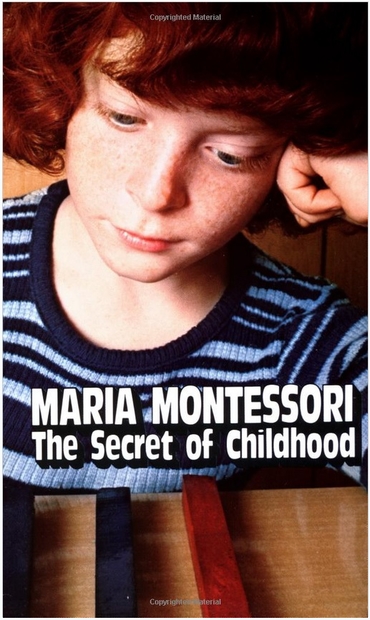Recommended Reading
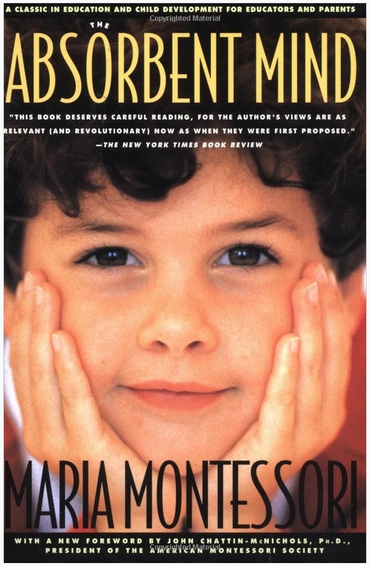
The Absorbent Mind
by Maria Montessori
In response to the crisis in American education, more than five thousand public and private schools across the nation have adopted the timeless Montessori Method of teaching, of which this book is the cornerstone. Written by the women whose name is synonymous worldwide with child development theory, The Absorbent Mind takes its title from the phrase that the inspired Italian doctor coined to characterize the child's most crucial developmental stage: the first six years. A new foreword by John Chattin-McNichols, Ph.D., President of the American Montessori Society, places this classic book in a contemporary context, offering an intelligent discussion of current thinking in child education.
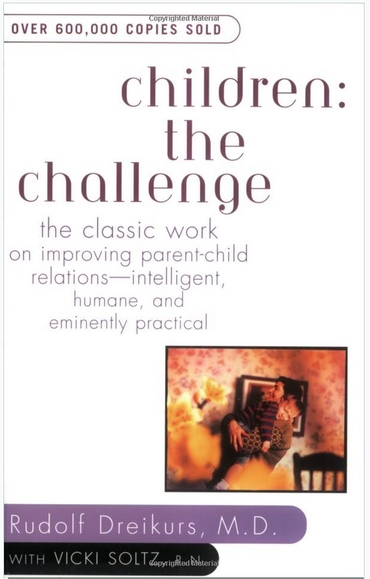
Children: The Challenge
by Rudolf Drekurs
Children: The Challenge gives the key to parents who seek to build trust and love in their families, and raise happier, healthier, and better behaved children. Based on a lifetime of experience with children—their problems, their delights, their challenges—Dr. Rudolf Dreikurs, one of America's foremost child psychiatrists presents an easy to follow program that teaches parents how to cope with the common childhood problems that occur from toddler through preteen years. This warm and reassuring reference helps parents to understand their children's actions better, giving them the guidance necessary to discipline lovingly and effectively.
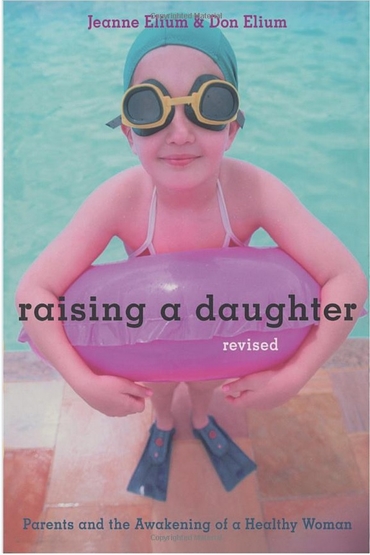
Raising a Daughter: Parents and the Awakening of a Healthy Woman
by Jeanne and Don Elium
Girls are born believing that they can do anything, but our media-driven culture of mixed messages and conflicting values can make growing up a confusing and risky business. And for parents, it is a daunting responsibility to raise confident, independent daughters while still keeping them safe. Jeanne and Don Elium address such complex challenges as:
- peer pressure and evolving social roles
- emotional effects of physical changes
- moodiness, eating disorders, and depression
- the consequences of early sexuality
- the gender gap between girls and boys
- new research on ADD and ADHD in girls
- daughters and single parentings
Raising A Daughter guides parents through each stage of a girl’s development, from infant to toddler, through middle childhood, the teen years, and on into early adulthood. A bestseller since 1994, this newly revised classic offers a practical exploration of what it means to have a daughter, and a compassionate study of what it means to be a woman coming of age in today’s world.
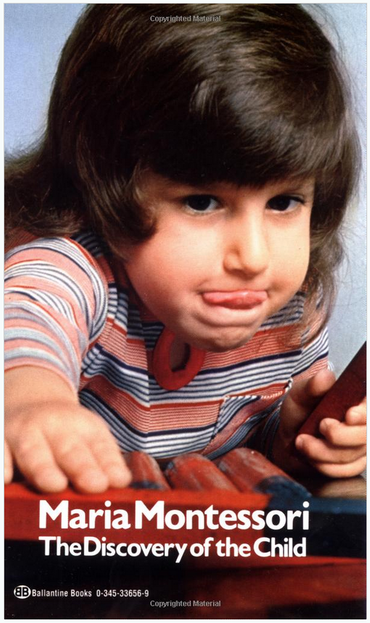
The Discovery of the Child
by Maria Montessori
Maria Montessori went beyond the conventions of the day to seek a new way of knowing and loving a child. In THE DISCOVERY OF THE CHILD, she describes the nature of the child and her method of working more fully with the child's urge to learn. With 16 pages of photographs.
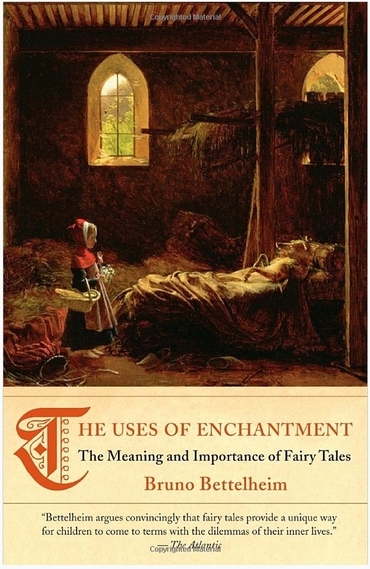
The Uses of Enchantment: The Meaning and Importance of Fairytales
by Bruno Bettelheim
Wicked stepmothers and beautiful princesses ...magic forests and enchanted towers ...little pigs and big bad wolves ...Fairy tales have been an integral part of childhood for hundreds of years. But what do they really mean? In this award-winning work of criticism, renowned psychoanalyst Dr Bruno Bettelheim presents a thought provoking and stimulating exploration of the best-known fairy stories. He reveals the true content of the stories and shows how children can use them to cope with their baffling emotions and anxieties.
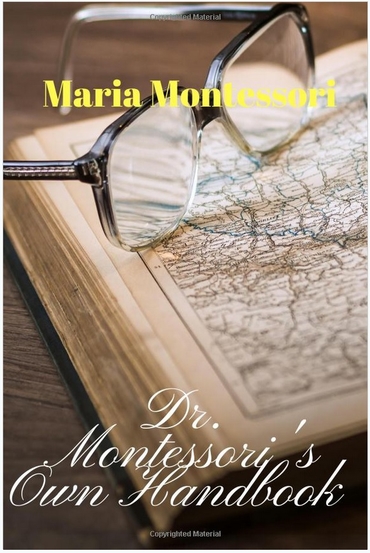
Dr. Montessori's Own Handbook
by Maria Montessori and Nancy McCormick Rambush
In this Montessori handbook you'll find a detailed description of the acclaimed Montessori teaching methods. Read, in Dr. Montessori's own words, how she established the first "Children's House" - an environment for learning where children become their own masters. Now including an illustrated guide to enhance your understanding.
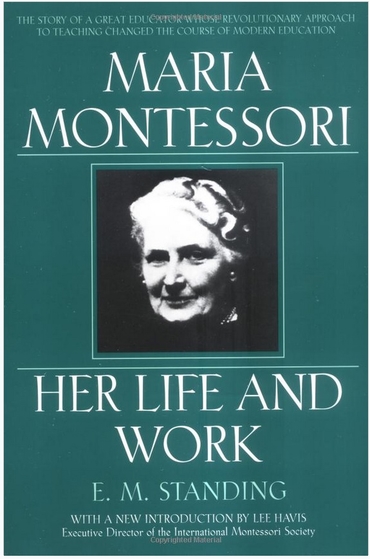
Maria Montessori: Her Life and Work
by E. M. Standing
Maria Montessori is important background reading for parents considering Montessori education for their children, as well as for those training to become Montessori teachers. The first woman to win a degree as a Doctor of Medicine in Italy in 1896, Maria Montessori?s mission to improve children?s education began in the slums of Rome in 1907, and continued throughout her lifetime. Her insights into the minds of children led her to develop prepared environments and other tools and devices that have come to characterize Montessori education today. Her influence in other countries has been profound and many of her teaching methods have been adopted by educators generally. Part biography and part exposition of her ideas, this engaging book reveals through her letters and personal diaries Maria Montessori?s humility and delight in the success of her educational experiments and is an ideal introduction to the principals and practices of the greatest educational pioneer of the 20th century.The new introduction to Maria Montessori: Her Life and Work by Lee Havis, executive director of the International Montessori Society, discusses the changes that have taken place in Montessori education within recent years. An updated appendix of Montessori periodicals, courses, societies, films, and teaching materials. A revised bibliography of books by and about Maria Montessori.
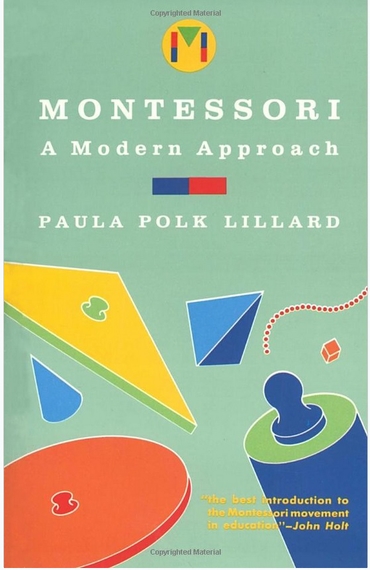
Montessori: A Modern Approach
by Paula Polk Lillard
Montessori: A Modern Approach has been called the single best book for anyone -- educator, childcare professional, and especially parent -- seeking answers to the questions: What is the Montessori method? Are its revolutionary ideas about early childhood education relevant to today's world? And most important, especially for today's dual-career couples. Is a Montessori education right for my child?Paula Polk Lillard writes both as a trained educators and as a concerned parent -- she has many years as a public school teacher, but it was her enthusiasm for the education her own child experienced in a Montessori school that led her to become a leading voice in the Montessori movement in this country.Her book offers the clearest and most concise statement of the Montessori method of child development and education available today.
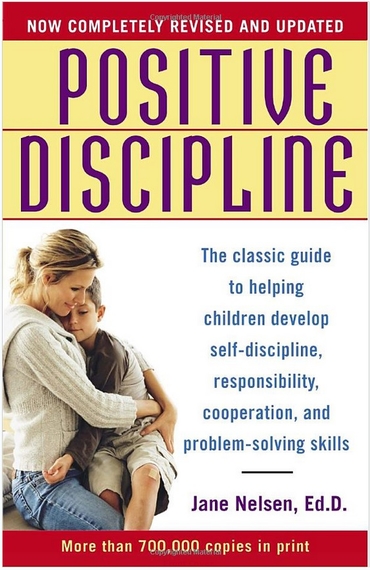
Positive Discipline
by Jane Nelsen
For twenty-five years, Positive Discipline has been the gold standard reference for grown-ups working with children. Now Jane Nelsen, distinguished psychologist, educator, and mother of seven, has written a revised and expanded edition. The key to positive discipline is not punishment, she tells us, but mutual respect. Nelsen coaches parents and teachers to be both firm and kind, so that any child–from a three-year-old toddler to a rebellious teenager–can learn creative cooperation and self-discipline with no loss of dignity. Inside you’ll discover how to
- bridge communication gaps
- defuse power struggles
- avoid the dangers of praise
- enforce your message of love
- build on strengths, not weaknesses
- hold children accountable with their self-respect intact
- teach children not what to think but how to think
- win cooperation at home and at school
- meet the special challenge of teen misbehavior
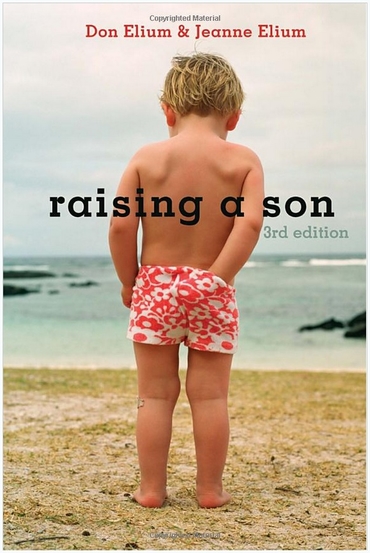
Raising a Son: Parents and the Making of a Healthy Man
by Jeanne and Don Elium
Boys pose special challenges for today’s stressed parents. In Raising A Son, the Eliums embrace the challenges--and the joys--of raising boys with compassion, commitment, experience, patience, and humor. This fully updated and expanded edition follows the psychological development of boys from infancy to young adulthood. Look for new sections on:
- media and violence
- the “boy code”
- the out-of-control son
- triggers for aggression
- when and how to get help
- coping with guilt
- the highly sensitive son
- triggers for withdrawal
- why he gets overwhelmed
- hypersensitivity and ADD
- the right role models
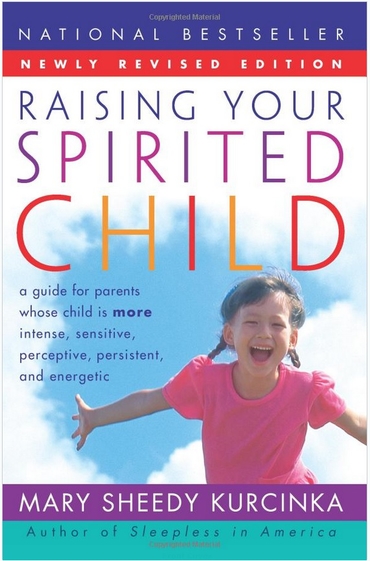
Raising Your Spirited Child: A guide for Parents Whose Child Is More Intense, Sensitive, Perceptive, Persistent and Energetic
by Mary Sheedy Kurcinka
Newly revised, featuring the most up-to-date research, effective strategies, and real-life stories. The spirited child—often called "difficult" or "strong-willed"—possesses traits we value in adults yet find challenging in children. Research shows that spirited kids are wired to be "more"—by temperament, they are more intense, sensitive, perceptive, persistent, and uncomfortable with change than the average child. In this revised edition of the award-winning classic, voted one of the top twenty books for parents,
Kurcinka provides vivid examples and a refreshingly positive viewpoint. Raising Your Spirited Child will help you:
- understand your child's—and your own—temperamental traits,
- discover the power of positive—rather than negative—labels,
- cope with the tantrums and power struggles when they do occur,
- plan for success with a simple four-step program,
- develop strategies for handling mealtimes,
- sibling rivalry,
- bedtimes,
- holidays,
- and school, among other situations.
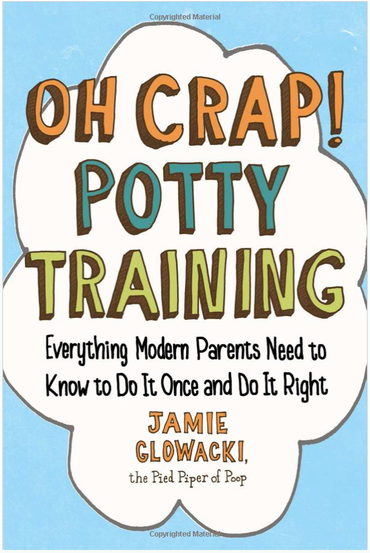
Oh Crap! Potty Training: Everything Modern Parents Need to Know to Do It Once and Do It Right
by Jamie Glowacki
Jamie Glowacki—potty-training expert, PiedPiper of Poop, and author of the popular guide, Oh Crap! Potty Training—shares her proven 6-step plan to help you toilet train your preschooler quickly and successfully.
Worried about potty training? Let Jamie Glowacki, potty-training expert at OhCrapPottyTraining.com, show you how it’s done. Her 6-step, proven process to get your toddler out of diapers and onto the toilet has already worked for tens of thousands of kids and their parents. Here’s the good news: your child is probably ready to be potty trained EARLIER than you think (ideally, between 20–30 months), and it can be done FASTER than you expect (most kids get the basics in a few days—but Jamie’s got you covered even if it takes a little longer). If you’ve ever said to yourself:
- How do I know if my kid is ready?
- Why won’t my child poop in the potty?
- How do I avoid “potty power struggles”?
- How can I get their daycare provider on board?
- My kid was doing so well—why is he regressing?
- And what about nighttime?!
Oh Crap! Potty Training can solve all of these (and other) common issues.
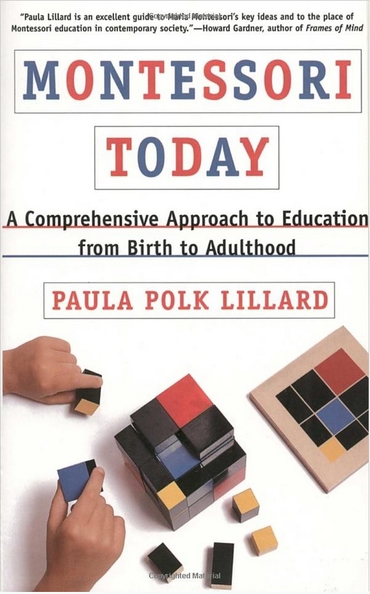
Montessori Today: A Comprehensive Approach to Education from Birth to Adulthood
by Paula Polk Lillard
Paula Lillard, director of a Montessori school ranging in age from 18 months to fifteen years, provides a clear and cogent introduction to the Montessori program for the elementary and later years. In detailed accounts, Lillard shows how children acquire the skills to answer their own questions, learn to manage freedom with responsibility, and maintain a high level of intellectual stimulation by using the Montessori method. This is an essential handbook for parents and teachers who have chosen the Montessori alternative for the older child.
